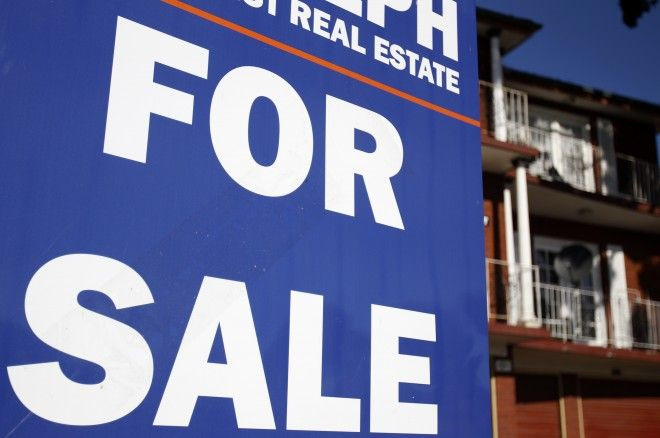Australia's real estate bubble

Australia's real estate market quickly recovered from the initial shocks of the global financial crisis and emerged relatively unscathed. But that doesn't meant there isn't a bubble, said Morgan Stanley Gerard Minack.
Minack, global head developed markets strategy, thinks it merely dodged a bullet.
Inflated Prices
Morgan Stanley states that relative to GDP per capital, houses in Australia are 50 percent above fair value. Relative to disposable income, they are roughly 35 percent overvalued. Relative to gross rental yield, they are 40 overvalued.
The Economist, in July 2010, estimated that Australian real estate is 60 percent overvalued compared to rental rates.
Compared to average prices in the U.S., U.K., Canada, New Zealand, and Ireland, real estate in large Australian cities are 85 percent overvalued.
Exposure of Landlords
“Australia has become a nation of landlords,” said Minack.
In 1988, 608,000 taxpayers reported rental income. In 2007, that number had almost tripled --- 1,765,000 taxpayers, or 13.5 percent of all taxpayers, reported rental income. More alarmingly, since 2000, the country's total rental income is lower than the total cost of buying and renting properties, which includes the cost of interest payments on the mortgage, taxes, insurances, etc. In fact, in some cases, rental income doesn't even cover the interest payments alone.
Indeed, in the past decade, the percentage of landlords claiming rental loss increased from 50 percent to 70 percent.
These Australian property buyers are “Ponzi borrowers,” said Minack, who rely on increasing property prices, rather than rental income, to justify their investment. The same can be said for people who buy homes to live in -- they do so not because the mortgage payments are justified by their income and the cost of renting a comparable property; they do it because they expect real estate prices to go up.
Possible Catalysts
Minack thinks the most plausible bubble-prick is broad-based job losses, which would trigger the massive selling of an overpriced asset and possibly cause a crash. Based on the current state of Australia's economy, though, large job losses are not likely to occur, said Minack.
However, if prices remain flat or edge down slightly over an extended period of time, many owners would be forced to sell because their revenues, either from renting to tenants or from personal income, does not justify or cover their expenses of owning and operating their homes.
Email Hao Li at hao.li@ibtimes.com
Click here to follow the IBTIMES Global Markets page on Facebook.
Click here to read recent articles by Hao Li.
© Copyright IBTimes 2024. All rights reserved.




















